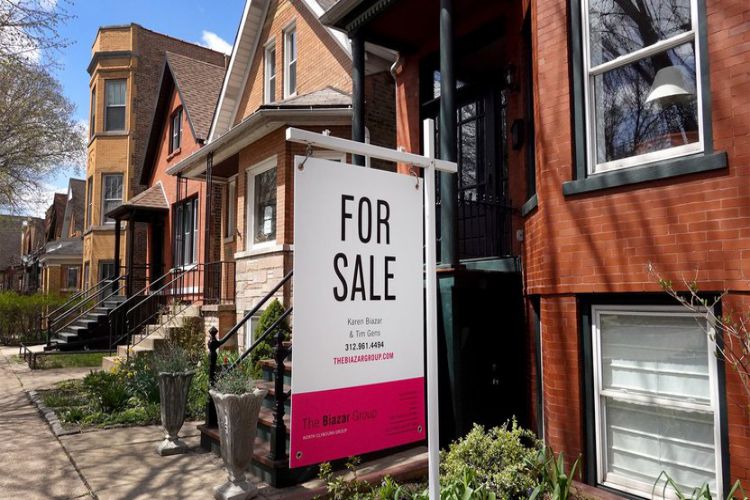Retailers, including grocery chains, are adjusting their shopping practices in Democrat-run cities to address various challenges, including crime. For instance, several major chains like Walmart, Whole Foods, and CVS have closed stores in major U.S. cities, citing a combination of factors such as crime, changing consumer habits, and high operational costs.
 While crime has been highlighted as a significant issue, it is not the sole reason for these closures. Other contributing factors include a surplus of stores, the rise of online shopping, high rents, and difficulties in hiring workers. For example, Walgreens initially cited organized retail crime as a reason for closing five stores in San Francisco but later admitted that the impact of shoplifting might have been overstated.
While crime has been highlighted as a significant issue, it is not the sole reason for these closures. Other contributing factors include a surplus of stores, the rise of online shopping, high rents, and difficulties in hiring workers. For example, Walgreens initially cited organized retail crime as a reason for closing five stores in San Francisco but later admitted that the impact of shoplifting might have been overstated.
To adapt, some grocery chains are shifting their focus to online shopping and moving operations to less expensive cities where rents are lower. For instance, cities like Phoenix, Houston, and Dallas have seen growth in retail due to more affordable rental prices compared to cities like San Francisco, New York, and Los Angeles.
In summary, grocery chains are closing stores in high-crime areas, emphasizing online shopping, and relocating to cities with lower operational costs to address the multifaceted challenges they face in Democrat-run cities.




